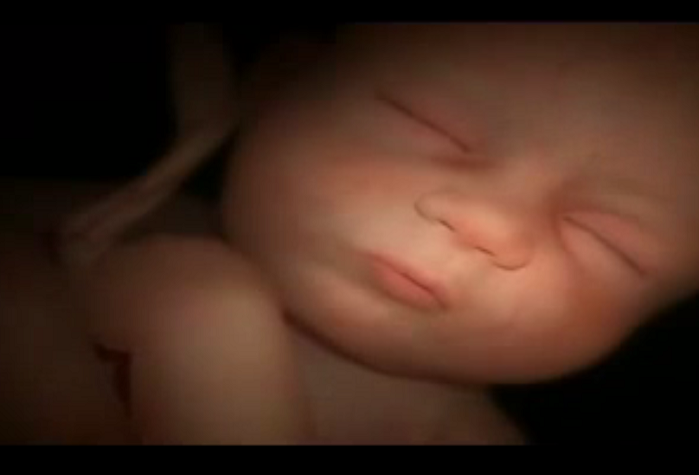No matter where one stands on the abortion debate, the desire to avoid pain is something about which we can all agree. Pain is a universal human experience and so is the desire to avoid it or assist others to avoid it. As the Pain Capable Unborn Child Protection Act comes to public attention, those who continue to defend abortion on demand will find it increasingly difficult to do so. The Pain Capable Unborn Child Protection Act has “pain” as the first word. And death by dismemberment is tortuous pain. It’s hard to talk about rights when we are taking about babies in pain.
Pain management is an important dimension of medicine. Treatment for pain and anesthesia is now routine for children in the womb for fetal surgery; pain is an issue. Dr. Steven Zielinski, an internal medicine physician from Oregon and researcher on fetal pain, has testified before Congress on the important issue of fetal pain. In an interview he did with me, he made it easy to understand the various points on how we know they feel pain.
As Dr. Zielinski points out, when a needle pokes a hand the reflex is to pull away. Some will argue that the visible reaction of the child in the womb to a stimulus is nothing more than that, a localized stimulus response. They will argue that pain, on the other hand, is a psychological or emotional experience that requires conscious perception, and that what seems like a painful reaction may not actually be pain. Imagine electrical signals from that spot to spinal cord and back out again. It has not reached the brain, they argue, therefore no conscious recognition of pain has taken place.
But Dr. Zielinski says the evidence shows the opposite. Babies demonstrate full body aversive responses, not just localized responses, to noxious or painful stimuli. Feeling stimulus on the hand wouldn’t explain an open mouth or a full body averse response. Those actions cannot be designates as simple reflexes. They have to be coordinated at a higher level. To say that these babies aren’t feeling pain is ridiculous, he says. The ability to sense and respond to pain is unquestionably present at 20 weeks. We know this by observing the electrical, mechanical, hormonal, and full body responses of these children.
The medical community is growing in its awareness of fetal pain. As horrific as it sounds, Zielinksi points out that as recently as the 1980s, the “anesthetic” used on newborn babies was only adhesive tape to hold the babies down during surgery.
But even in the late 80’s Dr. John W. Scanlon, director of neonatology at the Columbia Hospital for Women in Washington, recognized the barbarity of not using anesthesia on infants, newborns and premature children during surgery. So advances in anesthesia research were made. Now it is common practice to use anesthesia when surgery is done even on babies in the womb. These scientific and medical advances make the more recent claims that deny pain in unborn children sound like junk science.
Follow LifeNews.com on Instagram for pro-life pictures and the latest pro-life news.
In fact, fetal and newborn pain is three to five times worse than it is in adults. The ability of the baby’s body’s inhibitory system to manage pain doesn’t develop until after the mechanisms are in place to feel that pain.
It’s not unlike the way doctors are required to manage pain in comatose or brain damaged patients. They don’t have the ability to speak or, if they do, it may be limited. Modern medicine has ways monitor their response to pain and is obligated to treat that pain. A good anesthesiologist pays attention to heart rate, blood pressure changes, changes in EEG and EKG, all of which are clues that a patient under anesthesia may be feeling and responding to pain.
The United States Senate will soon vote on the Pain Capable Unborn Child Protection Act S. 1922), which would protect from painful abortion the children in the womb from 20 weeks forward. Medicine has advanced, and now it is time for the law to catch up with the science.
LifeNews.com Note: Father Frank Pavone is the national director for Priests for Life. With Victoria Garaitonandia Gisondi, Public Outreach, Priests for Life








